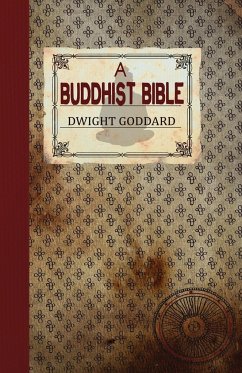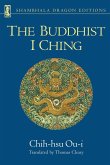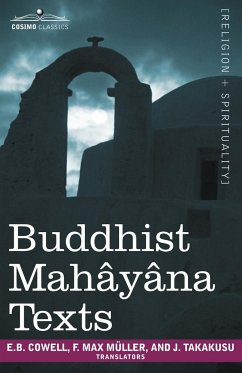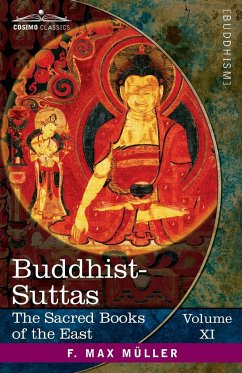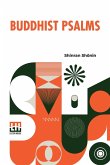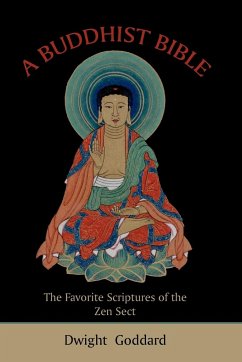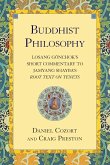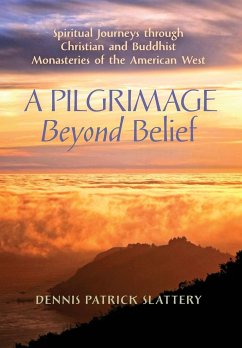Dwight Goddard's collection of translations of a cross-section of Buddhist traditions was a fundamental part of the importation of Buddhism into the USA and then, through the work of the Beat Poets that the book influenced, throughout the West as a whole. Goddard had originally been an engineer but after his wife's death, when he was twenty-nine years old, he entered the Hartford Theological Seminary. He was ordained in 1894 and was sent to China as a Congregational missionary. He was interested in non-Christian religions and as a result of this curiosity began to study various denominations of Buddhism. In 1928, at the age of sixty-seven, Goddard encountered Japanese Zen Buddhism for the first time while in New York City. He was so impressed with it that he moved to Japan where he met D. T. Suzuki and studied for eight months with him at the Yamazaki Taiko Roshi of Shokoku Monastery in Kyoto. His time spent in China and Japan made him feel that lay religious practice was not enough and would lead to worldly distractions and he decided to establish a male-only monastic movement named, 'the Followers of Buddha'. It was situated on forty acres in southern California adjacent to the Santa Barbara National Forest and also on rural land in Thetford, Vermont. The religious 'followers' who participated in the fellowship commuted between the centers in a van, spending winters in California and summers in Vermont. The venture was short lived and closed due to lack of followers. His book, A Buddhist Bible, was published in 1932. Translated from writings Goddard found of worth in the traditions of Theravada, Mahayana, Zen, Tibetan and other Buddhists schools of thought, the book soon became popular and it contributed to the spread of Buddhism in the USA in the 1930's and 1940's. But it was in the 1950's that A Buddhist Bible was to make its most lasting impact. By the end of 1953 the famous writer Jack Kerouac had been living with fellow 'Beat Poets' Neal and Carolyn Cassady in a menage a trois situation and the relationship had become untenable for all of those concerned. It had become obvious that it was time for Jack to move on and Neal recommended that Jack read A Buddhist Bible as a way of finding some much-needed spiritual inspiration. Legend has it that Kerouac headed down to the San Jose library and stole a copy before heading back 'out on the road'! It was natural that Kerouac, who had always battled with his Catholic ideologies and his lifestyle of heavy drinking and womanizing, would find some peace through the principles of Buddhism and this came out in his seminal The Dharma Bums which detailed Kerouac and fellow Beat Gary Snyder's differing takes on the Buddhist way of life. Although at first dismissive of his fellow Beats new found outlook, Allen Ginsberg soon followed suit and A Buddhist Bible, together with the collective writings of the Beat Generation on Buddhism, had a big influence on the American generations that followed. Dwight Goddard was unaware of his new-found fame as he died on his seventy-eighth birthday in 1939.
Bitte wählen Sie Ihr Anliegen aus.
Rechnungen
Retourenschein anfordern
Bestellstatus
Storno

